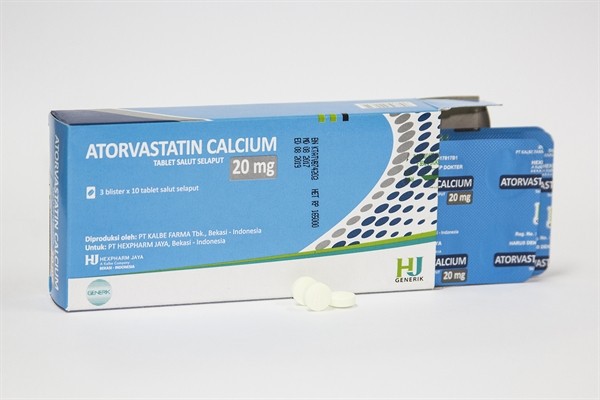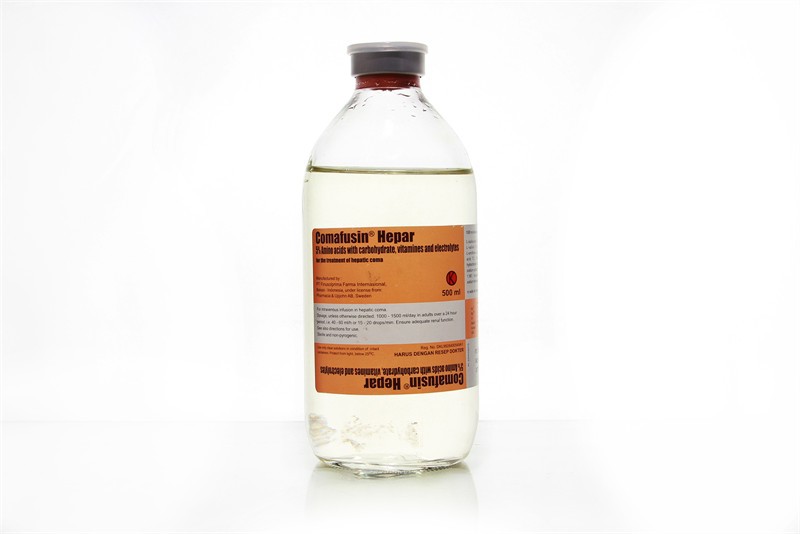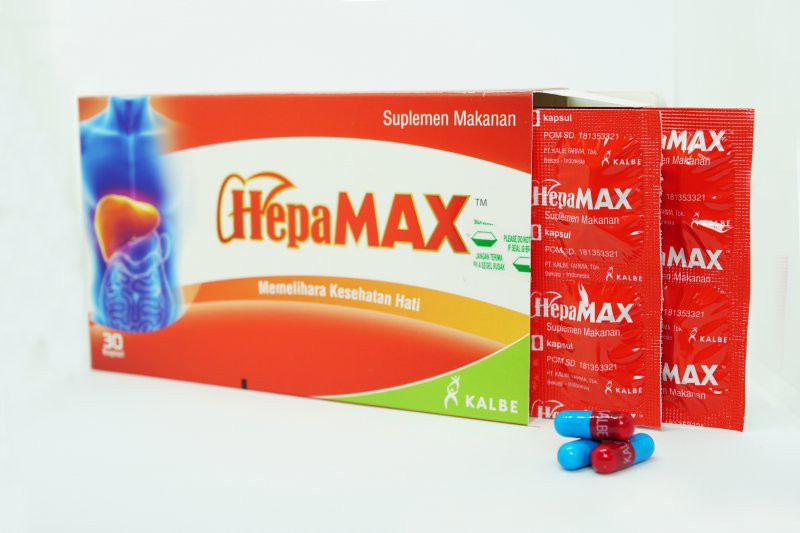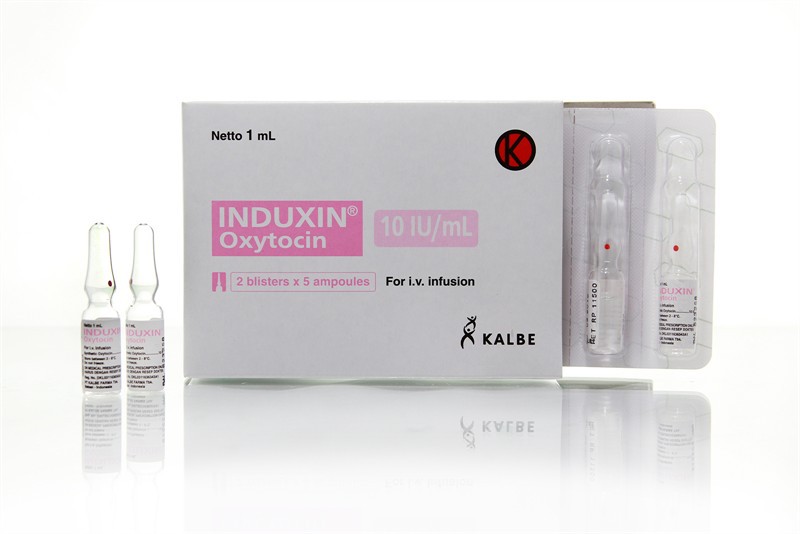
Diet tinggi energi dan tinggi protein sangat penting dalam tata laksana malnutrisi pada sirosis hati. Protein energi malnutrisi (PEM) terjadi pada sekitar 60% pasien sirosis dekompensasi dan 20% pasien sirosis kompensasi. Diet tinggi protein merupakan syarat untuk membantu mengurangi kejadian sarkopenia dan membantu meningkatkan massa tubuh tanpa lemak, sehingga dapat mencegah fatique dan dengan demikian meningkatkan kualitas pasien penyakit hati kronik.
Pedoman ESPEN (European Society for Clinical Nutrition and Metabolism) merekomendasikan asupan kalori 25 hingga 30 kkal/kg berat badan per hari dan asupan protein 1 hingga 1,5 gram per kg berat badan per hari pada pasien dengan penyakit hati kronik. Sedangkan pada pasien sirosis dengan malnutrisi, pedoman merekomendasikan asupan 35 - 40 kkal/kg/hari bersama dengan asupan protein 1,2 - 1,5 g/kg/hari.
Kehilangan otot pada penyakit hati kronik perlu dikelola dengan strategi yang melibatkan asupan makanan yang mengandung energi dan protein yang cukup serta zat gizi mikro yang dikombinasikan dengan aktivitas fisik yang teratur dan terstruktur. Pasien yang kekurangan gizi memiliki kualitas hidup yang lebih rendah terkait kesehatan (HRQOL) dan mereka melaporkan peningkatan gejala dampak gizi seperti rasa sakit, nafsu makan yang buruk, disgeusia, dan rasa kenyang yang lebih cepat.
Studi PROTONS [Protein enriched Oral Nutrition Supplement on improving Nutrition] merupakan studi intervensi prospektif, tanpa pembanding, multi-pusat dan prospektif yang dilakukan terhadap 76 pasien penyakit hati kronik. Peserta menerima 2-3 porsi suplemen nutrisi oral (ONS) tinggi protein dan diperkaya dengan BCAA, selama 3 bulan sebagai tambahan untuk diet harian sesuai pedoman ESPEN. Perubahan asupan nutrisi, kadar enzim hati, massa otot, kekuatan genggaman tangan, dan kualitas hidup terkait penyakit hati kronis (CLDQOL) dievaluasi. Data sebelum dan sesudah dianalisis dengan menggunakan uji-t berpasangan pada tingkat signifikansi 5%.
Hasilnya:
· Perbaikan yang signifikan terlihat pada asupan nutrisi, serum albumin, dan enzim hati {aspartate amino transferase (AST), alanine transaminase (ALT)}.
· Kekuatan genggaman tangan meningkat secara signifikan, yang mengindikasikan peningkatan fungsi otot.
· Perubahan massa otot terlihat pada pemindaian bioelectrical impedance (BIA) dan dual energy x-ray absorptiometry (DEXA) meskipun hasilnya tidak signifikan secara statistik.
· Skor CLDQOL secara keseluruhan serta skor domain individu seperti kelelahan/fatique, fungsi emosional dan kekhawatiran juga menunjukkan perbaikan yang signifikan setelah intervensi.
· ONS secara efektif meningkatkan asupan protein dan BCAA, yang sangat penting untuk mengatasi malnutrisi pada pasien penyakit hati kronik.
Kesimpulan:
Hasil penelitian ini menyimpulkan bahwa suplementasi dengan protein tinggi dan BCAA dapat membantu meningkatkan status gizi, kekuatan otot, parameter fungsi hati dan kualitas hidup pada pasien dengan penyakit hati kronik. Penelitian lebih lanjut diperlukan untuk mengeksplorasi efek jangka panjang dari ONS pada perkembangan dan perbaikan penyakit hati kronik.
Gambar: Ilustrasi (Sumber: master1305-Freepik)
Referensi:
Bhoite R, Kedarisetty bCK, Yandamuri N, Satyavrat V, Bhatte S, et al. Effect of high protein BCAA-enriched oral nutrition supplement (ONS) on malnutrition in Indian chronic liver disease (CLD) patients: PROTON study. Food and Nutrition Sciences 2025;16:255-68.


